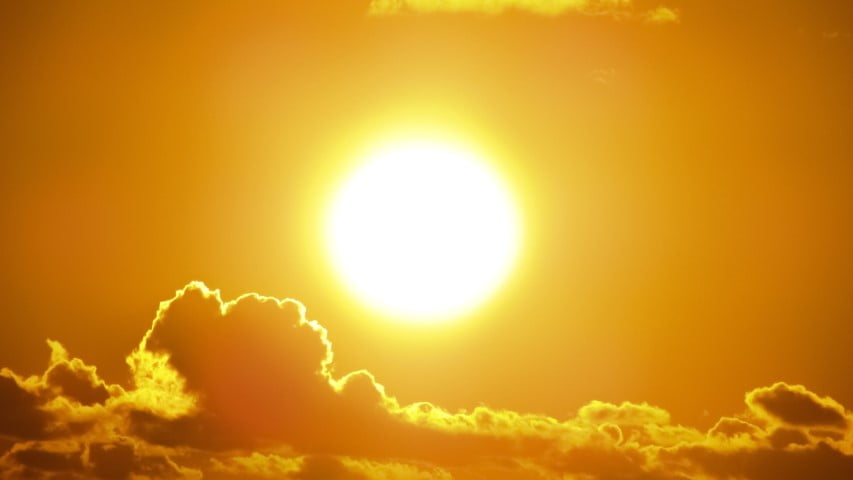42,000 More People Could Die In Odisha Due To Extreme Heat By 2100, Says Study
Since Odisha has a history of experiencing extreme heat-related fatalities and projections signal a 30 times rise in extremely hot days, concrete measures are the call of the hour

Bhubaneswar: There seems to be no end to environment-related disaster-prone predictions. After study-based news of most parts of coastal India, including Odisha getting submerged by 2050 due to rising sea levels, comes the news that by 2100, Odisha could have 42,334 excess climate-related deaths every year. This is almost five times more than the total deaths the state records due to cardiac arrest every year.
The study is the first in a series of findings estimating the human and economic costs of climate change and weather shocks in India, conducted by the Climate Impact Lab in collaboration with the Tata Centre for Development at University of Chicago.
The number of extremely hot days in Odisha are projected to increase by 30 times from 1.62 in 2010 to 48.05 by 2100 if greenhouse gas emissions continue to grow at current rates till the end of the century. India, as a whole, will see the number of extremely hot days per year increasing by more than eight times from 5.1 (in 2010) to 42.8 (by 2100), shows a new study released in Bhubaneswar.
Under a high-emission scenario, the state is projected to see a 3.32°C rise in average summer temperature from 28.87°C in 2010 to 32.19°C by 2100. It is far higher than the national average increase from about 24°C to about 28°C by the end of the century. Neighbouring Andhra Pradesh is close behind, which is likely to see a temperature rise of 3.07°C.
“Odisha has a history of experiencing extreme heat related fatalities. In 1998, it faced an unprecedented heat wave situation, resulting in 2042 deaths. Though extensive awareness campaigns have largely reduced the number of casualties during post 1998 period, still a number of casualties are being reported each year. With climate change projections signalling a 30 times rise in extremely hot days, it calls for amplified efforts to be put in place to build resilience, particularly for the vulnerable communities,” said Pradeep Kumar Nayak, Chief General Manager, Odisha State Disaster Management Authority.
Between 2010 and 2018, over 6,100 people have died in India due to heat wave, with Odisha, Andhra Pradesh, Telangana and West Bengal together reporting more than 90% of total deaths.
The presentation of the report was followed by a panel discussion on the impact of climate change and extreme weather events in Odisha. The discussion focused on how climate change could affect Odisha in the future. The panelists called for a coherent strategy on building climate resilience across sectors and communities to limit the threat, climate change and extreme weather events pose.

Comments are closed.